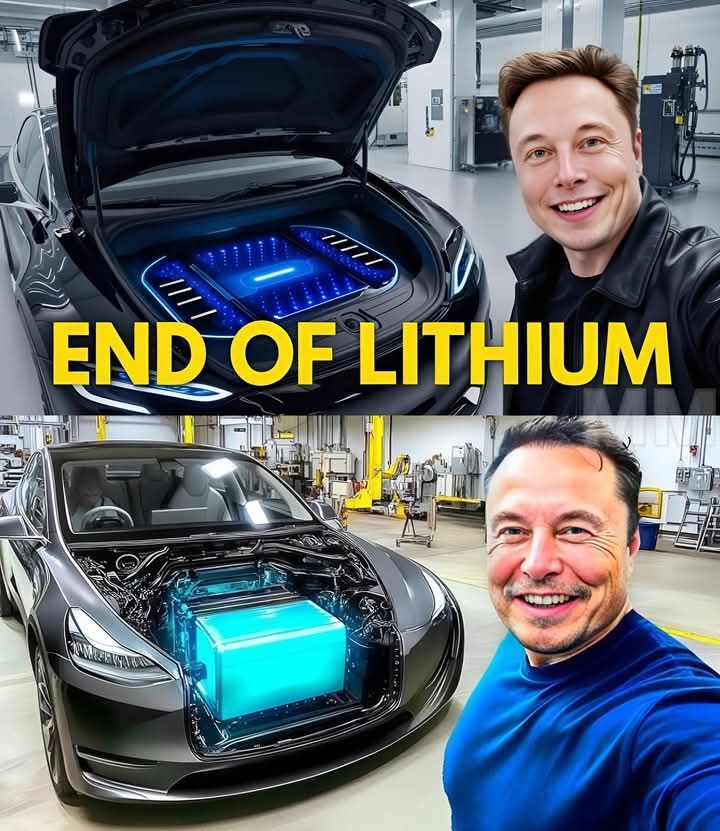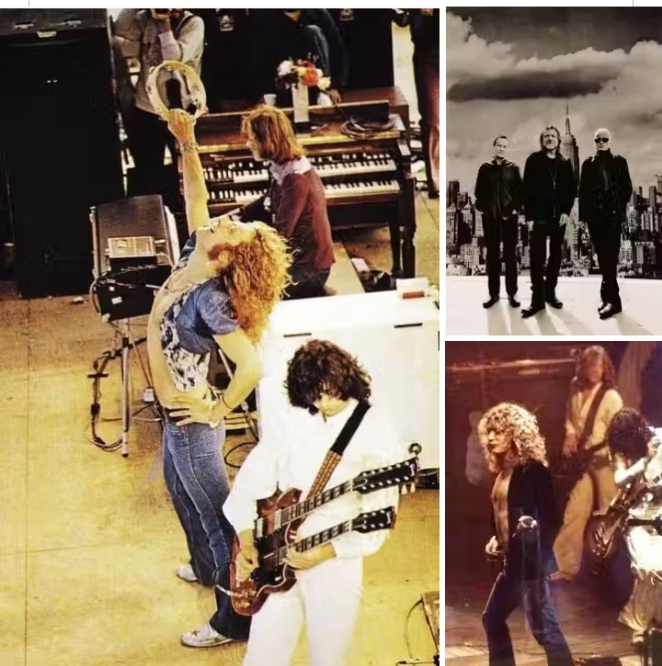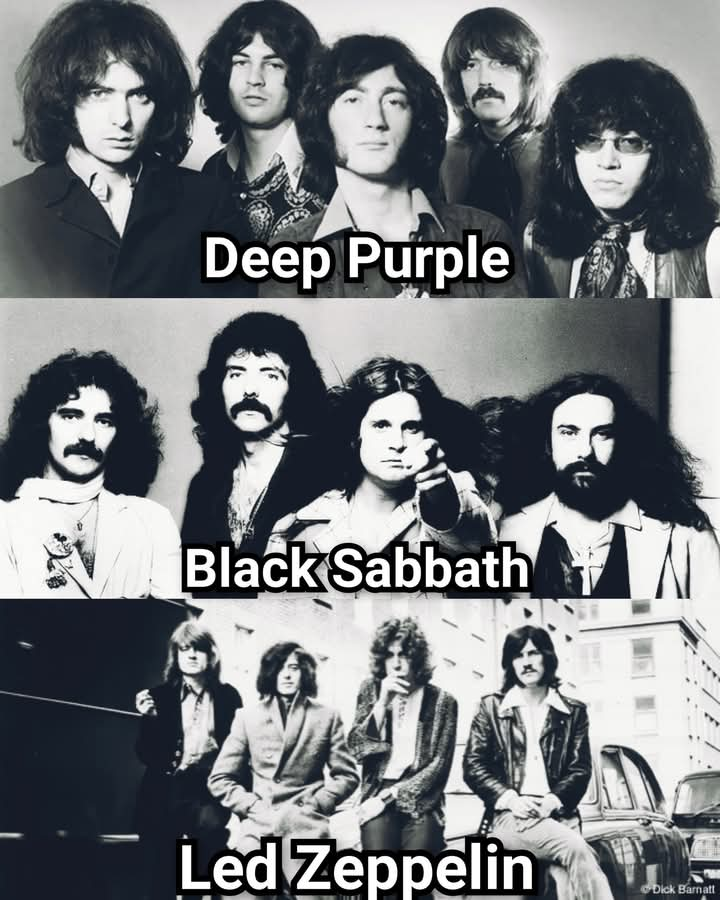
A Game-Changing Innovation That Could Kill Lithium-Ion Batteries, In a jaw-dropping announcement, Elon Musk has once again stunned the world with Tesla’s latest breakthrough—a revolutionary aluminum-ion super battery that can fully charge in just 15 minutes.
If true, this could completely disrupt the electric vehicle (EV) industry, making long charging times a thing of the past while offering better energy efficiency and sustainability.
What Makes the Aluminum-Ion Battery So Special?
Tesla’s latest innovation is not just about speed—it’s a fundamental shift in battery technology. For decades, lithium-ion batteries have powered everything from smartphones to electric cars, but they come with major drawbacks, including slow charging, limited lifespan, high costs, and safety concerns.
Musk claims that Tesla’s aluminum-ion super battery is the solution the industry has been waiting for. Here’s why:
1. Blazing Fast Charging
0 to 100% in 15 minutes – This is 10 times faster than current Tesla lithium-ion batteries.
No more long waits at charging stations—just plug in and go!
2. Incredible Energy Storage
3x more energy density than lithium-ion batteries.
Longer range per charge, meaning EVs will go significantly farther before needing a recharge.
3. Extended Battery Life
Unlike lithium-ion batteries, which degrade over time, aluminum-ion batteries last up to four times longer.
This means fewer replacements and lower maintenance costs for EV owners.
4. Environmentally Friendly & Safer
No reliance on scarce and expensive metals like cobalt and lithium.
Aluminum is abundant, cheaper, and more sustainable.
Reduced risk of overheating or fires, addressing one of the biggest concerns with current EV batteries.
How Will This Impact the EV Industry?
Tesla’s announcement has sent shockwaves through the auto industry. Competing EV manufacturers like Ford, Rivian, Lucid Motors, and even legacy automakers like Toyota and Volkswagen have been scrambling to develop next-gen batteries—but none have made a leap this significant.
Here’s how this could change the game:
Faster charging = EV adoption skyrockets. One of the biggest hurdles for EVs has been long charging times. If Tesla delivers on its 15-minute promise, EVs could finally surpass gas cars in convenience.
Cheaper production costs. Aluminum is far more plentiful and cost-effective than lithium, which means lower manufacturing costs and possibly cheaper EVs.
Tesla’s competitors are in trouble. If other automakers don’t catch up fast, Tesla could dominate the EV market even more than it already does
When Can You Expect to See It in Tesla Cars?
Musk hinted that aluminum-ion batteries will first debut in Tesla’s high-end models, like the Model S Plaid and the upcoming Roadster, as early as 2025.
Eventually, this breakthrough tech will make its way to the entire Tesla lineup, including the Model 3, Model Y, and even the Cybertruck.
To complement this new battery, Tesla is also rumored to be developing next-gen Superchargers that can take full advantage of aluminum-ion’s rapid charging speeds.
Elon Musk’s Final Word
In classic Musk style, he took to Twitter moments after the announcement, writing:
> “The age of lithium-ion is over. Welcome to the future.”
With Tesla consistently pushing the boundaries of EV technology, this might just be the moment that changes everything.
The only question now is: How long will it take the rest of the world to catch up?





